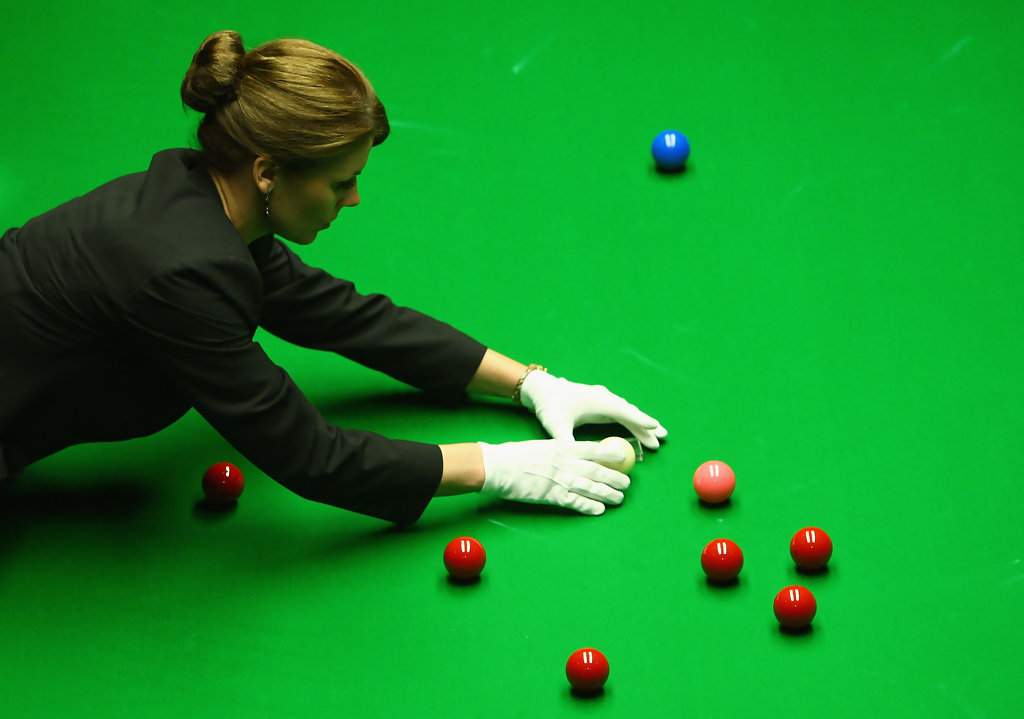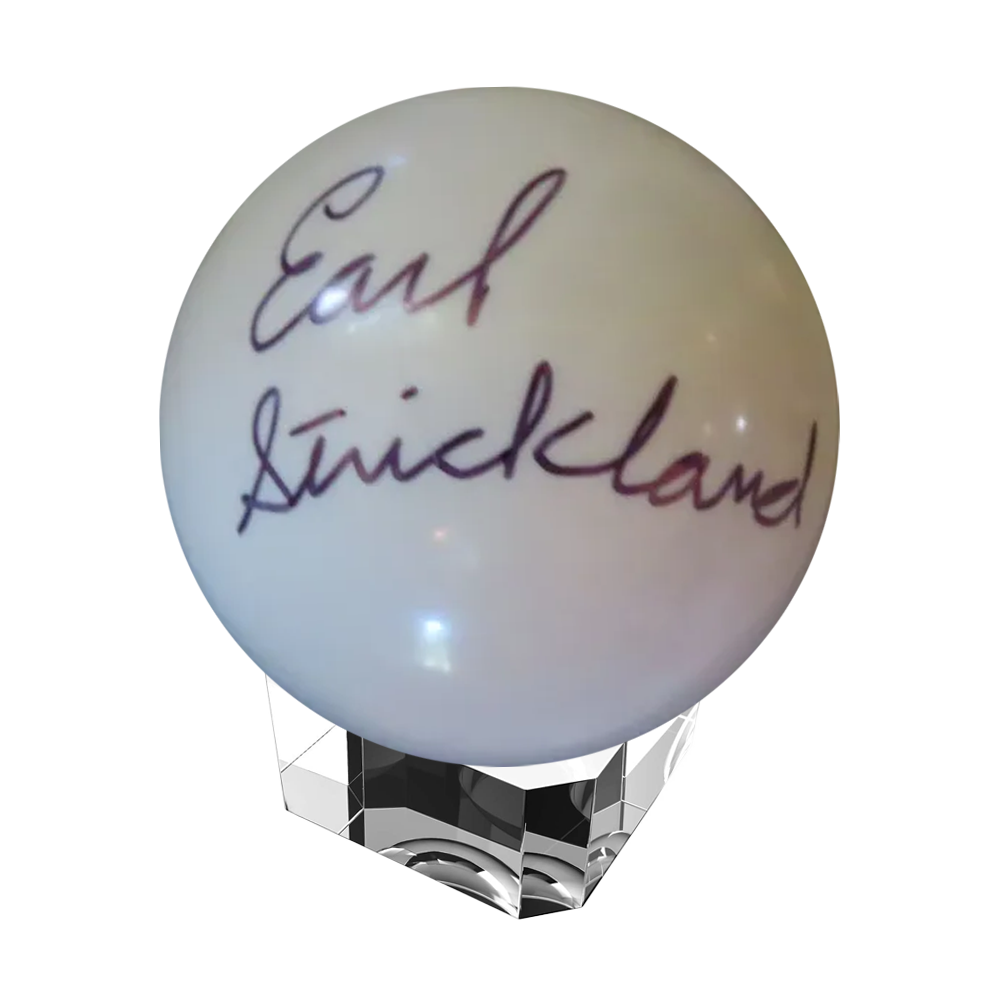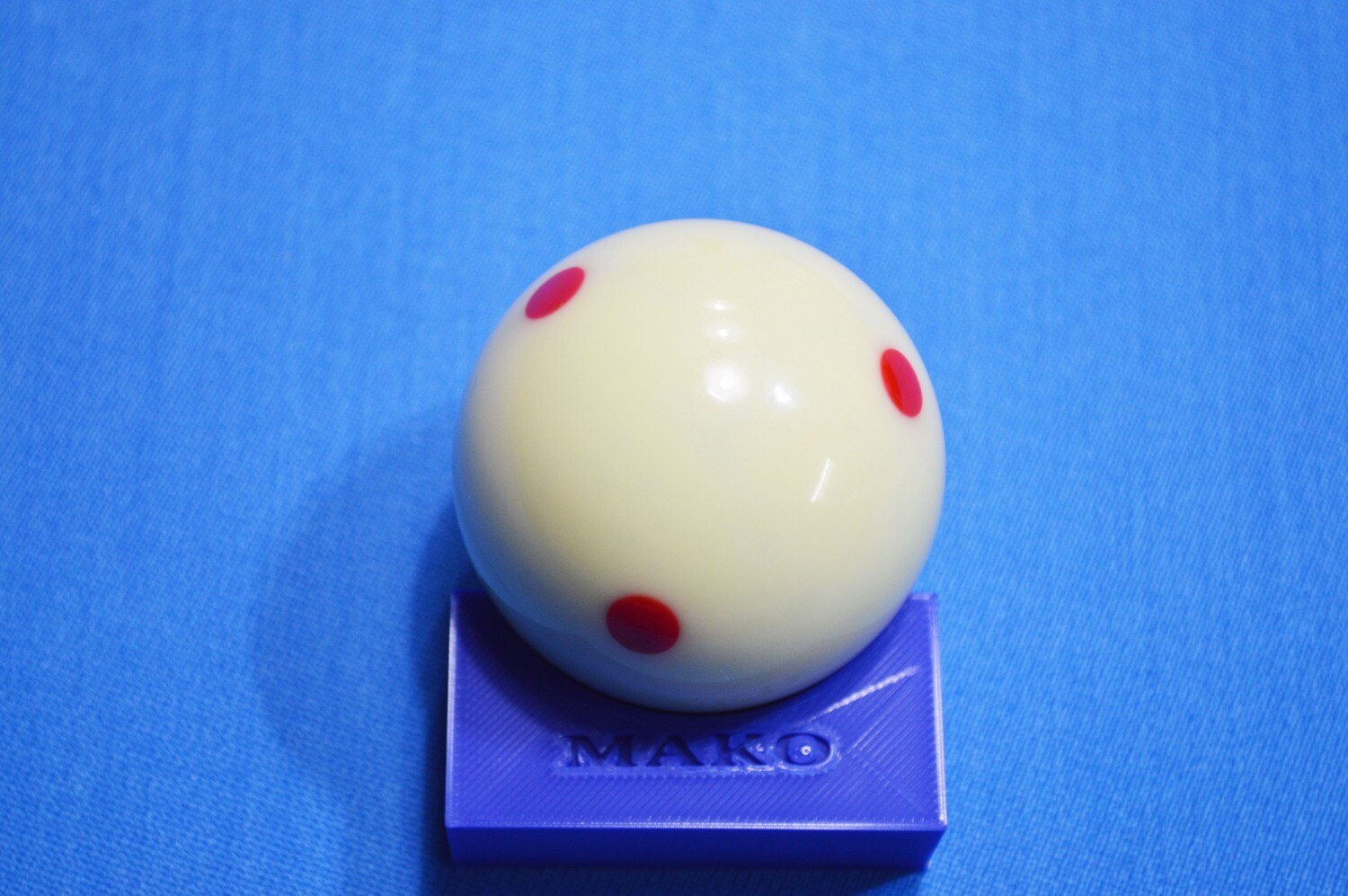Cue Ball Cleaning: A Guide To Perfect Pool Performance
Does the seemingly insignificant act of cleaning a cue ball truly have a substantial impact on your pool game? Absolutely. A well-cared-for cue ball translates directly into more precise shots and a superior playing experience, making it a must-do for any serious player.
The world of pool, with its green baize and clacking balls, is a realm where precision reigns supreme. The cue ball, the white sphere of destiny, is the unsung hero of every shot, its journey across the table dictating the fate of each game. Yet, its importance often goes unnoticed until a critical miss, a seemingly random deflection, or a frustrating lack of control becomes the turning point of a match. This article delves deep into the often-overlooked art of cue ball maintenance, revealing how this seemingly minor task can significantly elevate your game.
Let's examine the meticulous world of cue ball maintenance, a practice that extends beyond a simple wipe-down. The accumulation of chalk dust, hand oils, and general grime can dramatically alter the ball's trajectory. A clean cue ball not only looks pristine, but it also glides across the table with remarkable consistency, guaranteeing predictable outcomes. Maintaining the cue ball will ensure consistency and enhance the longevity of this essential piece of equipment. Below, a table presents the crucial tools and techniques necessary for cue ball maintenance.
| Category | Item | Description |
|---|---|---|
| Cleaning Agents | Specialized Billiard Ball Cleaner | Specifically formulated to remove dirt, chalk, and oils without damaging the ball's surface. Look for pH-neutral options. |
| Cleaning Agents | Mild Soap | A gentle alternative to specialized cleaners. Ensure it's mild to avoid any chemical reactions on the ball's surface. |
| Cleaning Tools | Microfiber Cloths | Essential for wiping and drying. Their soft texture prevents scratches and effectively absorbs dirt and moisture. |
| Cleaning Tools | Soft-Bristled Brush (Optional) | Useful for removing stubborn stains and chalk residue. Should be gentle to avoid surface abrasion. |
| Rinsing | Clean Water | Used to rinse away cleaning agents, ensuring no residue is left behind. |
| Storage | Cue Ball Case/Container | Protects the cue ball from dust, physical damage, and environmental factors when not in use. |
Reference: For further information and detailed product recommendations, visit a reputable billiards supply website.
The journey to a pristine cue ball begins with preparation. A designated cleaning workspace, ideally a clean, dry surface covered with a soft cloth or towel, is essential. This prevents the ball from rolling away or attracting unwanted particles. The process, as described, is fairly simple, yet crucial for achieving optimal ball performance and appearance. The method is described below, in a comprehensive step-by-step approach.
Step-by-Step Guide to Cue Ball Cleaning:
- Tiktok Crying Emoji Meaning How To Use It Like A Pro
- Rj Barrett Allegations What You Need To Know The Fallout
- Prepare Your Workspace: Establish a clean, dry environment to prevent contamination and ensure the cue ball doesn't roll away.
- Remove Surface Dirt: Gently wipe the ball with a clean, dry microfiber cloth to eliminate loose dust and debris, priming it for the next steps.
- Wash the Cue Ball: Submerge the cue ball in warm water with a small amount of mild soap or a billiard ball cleaner. Gently scrub the surface, ensuring all chalk residue and stains are removed. Harsh chemicals must be avoided to prevent damage.
- Rinse Thoroughly: Under running water, rinse the cue ball until all soap residue is eliminated. Soap residue can negatively impact performance.
- Dry the Cue Ball: Pat the ball dry with a clean, dry microfiber cloth. Allow it to air dry completely before storing or using again to maximize performance and longevity.
Mastering the art of cleaning isn't enough; long-term care habits are vital for preserving the performance and lifespan of your cue ball. Consider these expert tips:
- Clean Hands: Always handle the cue ball with clean hands to minimize the transfer of natural oils, which can accumulate on the surface and disrupt its smooth movement.
- Proper Storage: Store the cue ball in a cool, dry place, away from direct sunlight, excessive moisture, and extreme temperatures. This prevents warping, discoloration, and other forms of damage. A dedicated cue ball case is ideal.
- Regular Inspection: Regularly check your cue balls for wear, including scratches or any noticeable imperfections. Replace them promptly when necessary to maintain consistent gameplay and improve your shot accuracy.
- Use Specialized Cleaners: Always use cue ball cleaners specifically designed for billiard balls for the best results. These cleaners ensure safe and effective cleaning without compromising the ball's quality or finish.
While the process may seem straightforward, there are common pitfalls. Here's what to avoid:
- Harsh Chemicals: Never use strong chemicals or abrasive cleaners. These damage the ball's surface, leading to premature wear and a decline in performance. Only use products made to care for billiard balls.
- Improper Drying: Avoid leaving the cue ball damp after cleaning. Moisture can cause water spots, attract dirt, and hinder performance. Thoroughly dry the ball before storing or using it.
The frequency of cleaning depends on how often you play. As a general rule, a cue ball should be cleaned after every few sessions or whenever visible dirt or chalk residue appears. This preventative care can maintain your cue ball, ensuring it performs at its best, no matter your playing schedule.
Cue balls come in different types, each requiring slightly different cleaning approaches:
- Plastic Cue Balls: Plastic cue balls are more susceptible to scratches. Exercise extra care when cleaning them and avoid abrasive materials. Gentle wiping with a damp cloth and mild soap is usually sufficient.
- Phenolic Resin Cue Balls: These are more durable and resist scratches, but still require regular cleaning to maintain performance. Follow the standard cleaning process, but consider specialized cleaners designed for phenolic resin cue balls for optimal results.
Proper storage of a cue ball is equally important, and it ensures the cue ball remains in optimal condition, ready for your next game. Store your cue balls in a cool, dry place, away from sunlight and moisture, to prevent warping, discoloration, or damage. A dedicated cue ball case or container provides superior protection.
The maintenance of your billiard equipment should be comprehensive. Cue sticks, tables, and chalk, all require regular care. Clean your cue tip regularly and replace it when needed to ensure precision and control. Table maintenance, including regular brushing, is essential for preserving the play surface and promoting consistent ball roll. Investing in these practices, along with proper cue ball care, maximizes your enjoyment of the game and the longevity of your equipment.
Incorporating regular cue ball maintenance is a simple, yet highly effective way to improve your game. By following these steps, you can maintain your cue ball's pristine condition, enhancing both its appearance and performance. Avoid the common mistakes discussed, and your cue ball will deliver consistent results.
Take the time to apply these methods and share your insights with fellow players. Your cue ball, and your game, will thank you.
- Squidward Begging Trend Why Its Taking Over The Internet
- 4th Of July Memes Your Guide To Patriotic Laughs

cleancueball Cuestars

Autographed CueBall EarlStrickland

Custom Cue Ball marker